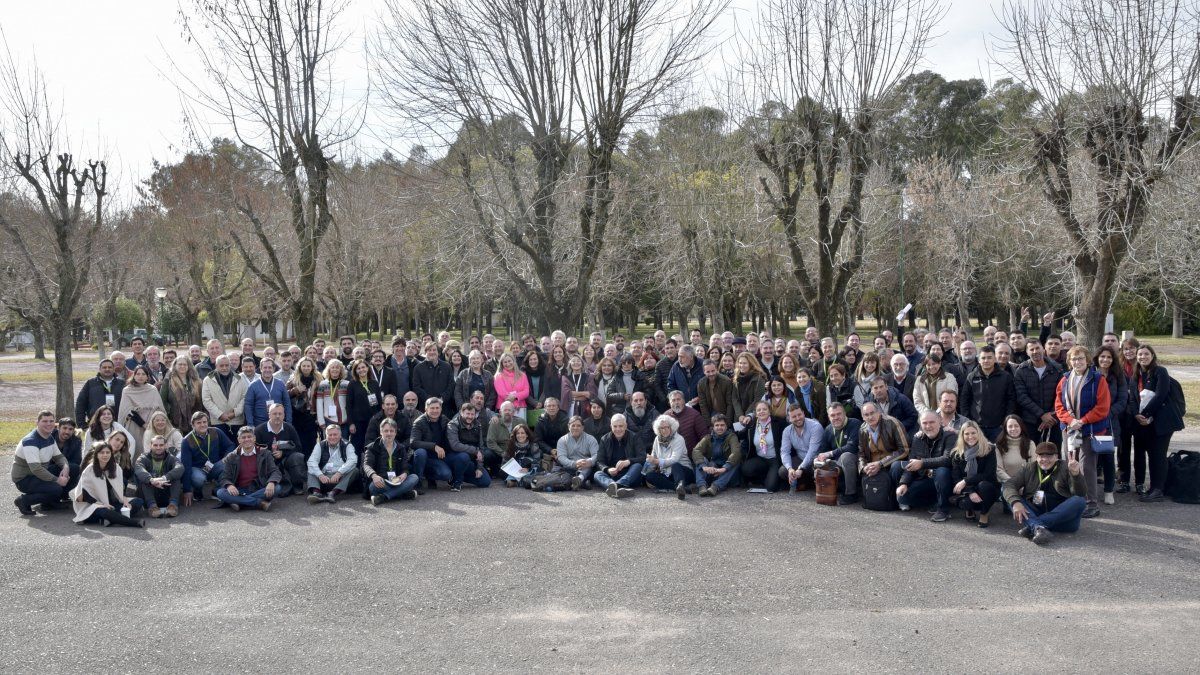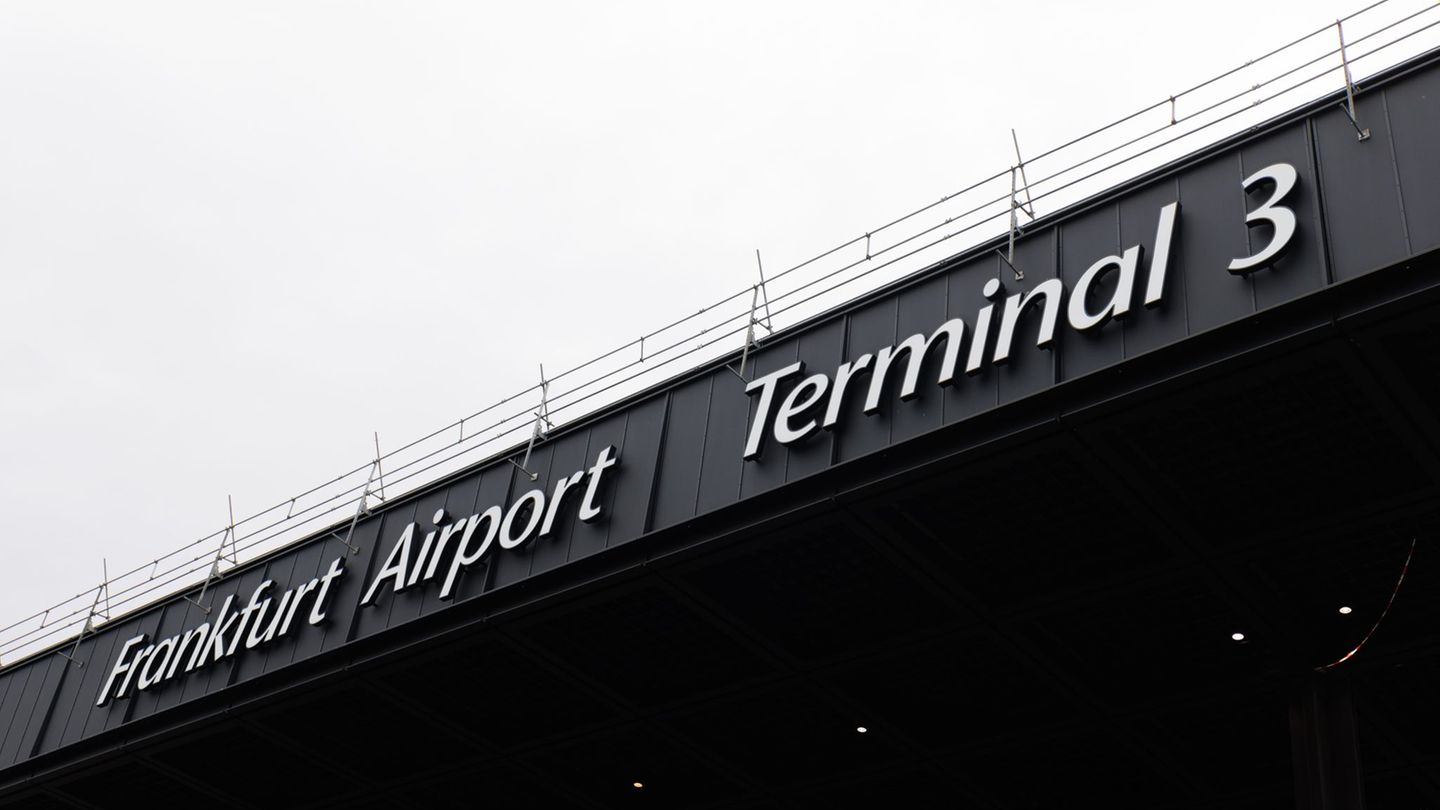It was outlined to advance with the Agro XXI initiative in terms of connectivity and rural infrastructure, facilitate the execution of financing procedures for producers, execute training and education programs for staff.
https://twitter.com/DominguezJul/status/1540770801665941504
It was also contemplated to continue building predictability in the sector from a Seed and Livestock Law“as was unanimously requested by the provinces,” remarked the national portfolio.
Lastly, emphasis was placed on theoptimization of water resources management and the National Sustainable Irrigation Plan” and in “the formation of territorial tables for articulation between the different technical teams”.
Domínguez announced that progress will be made in an evaluation of the ministry’s legal digest to streamline assistance and support programs for producersand different sectors will be convened in the coming weeks to “raise and standardize the contributions that have been made in this federal instance.”
“We are building a ministry with a future horizon, a new public institutional framework for Argentina in the 21st century, at a time when what the Nation produces, the world is demanding it, it needs it”, he highlighted.
Also, it was treated need for “sustainability with environmental, social and economic balance” that “generates added value in origin, roots, work and more exports”.
Those present raised different public-private articulation initiatives to “promote the development of knowledge, technological innovation and biotechnology” in the face of “a world that increasingly demands food.”
The head and vice president of the National Institute of Agricultural Technology (INTA), Mariano Garmendia and Nacira Muñoz; the president and vice president Senasa, Diana Guillén and Rodolfo Acerbi; the presidents of National Seed Institute (Inase), Obdulio San Martin; the National Institute of Viticulture (INV), Martin Hinojosa; the National Institute for Fisheries Research and Development (Inidep), Oscar Padin; and the national coordinator of the Rural Change ProgramDiego Velardocchio.
Also present were the Secretaries of Agriculture, Livestock and Fisheries, Matías Lestani; Food, Bioeconomy and Regional Development, Luis Contigiani; and Family Farming, Peasant and Indigenous, Miguel Ángel Gómez.
Source: Ambito
David William is a talented author who has made a name for himself in the world of writing. He is a professional author who writes on a wide range of topics, from general interest to opinion news. David is currently working as a writer at 24 hours worlds where he brings his unique perspective and in-depth research to his articles, making them both informative and engaging.




